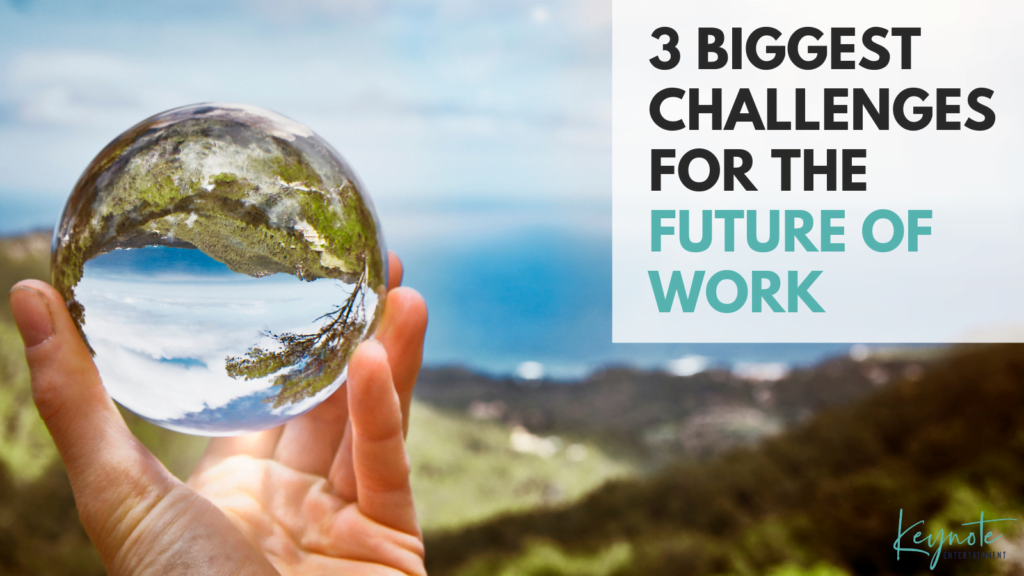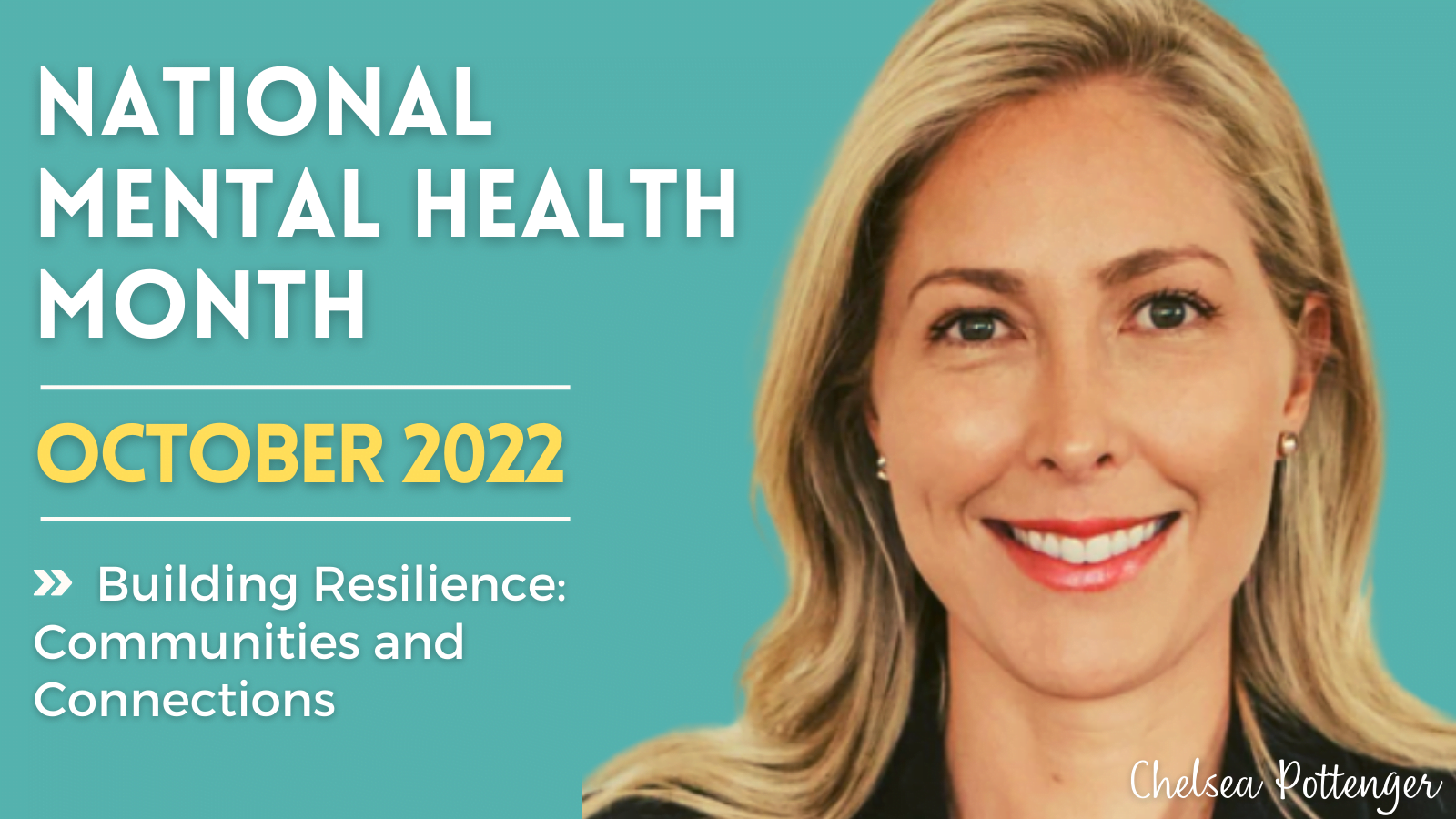National Mental Health Month, October 2022
It’s no secret that it’s been an incredibly tough couple of years for everyone. Not to put the blame squarely on the pandemic, but results just released from a National Study show just how big of an issue mental health is right now for Australians – and boy, do we have some work to do. …
Continue reading “National Mental Health Month, October 2022”


